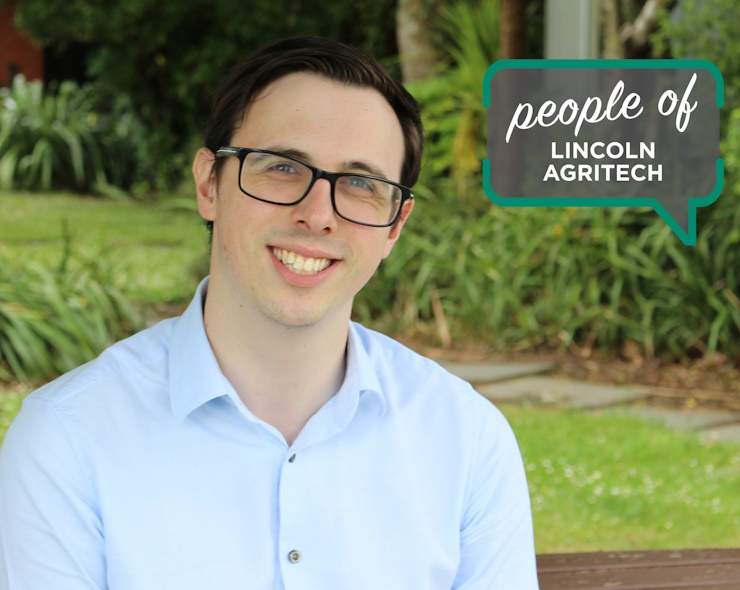Matt Fraser
Matt Fraser’s job as a Research & Development Engineer combines his passions for maths, science, and design.

In my last year at high school I got voted in as head boy, which is something I’m proud of to this day. It taught me a lot about leadership and presenting in front of my peers.
I wasn’t too sure what job I would eventually end up in and so explored options such as medical science, pure physics and mathematics. I settled on engineering in the end as it combined both the maths and science and the design aspects.
My current job involves a lot of problems solving, design, CAD, data analysis and applied science. When I explain it to my family, I say that I design and test prototypes as part of the process towards commercialisation.
Specifically, my job involves working with other engineers and research scientists to develop nitrate sensors and GreenTech solutions to mitigate methane and carbon dioxide, which are both greenhouse gasses.
How did you get to have this job?
In 2018 I started studying mechanical engineering at the University of Canterbury. As part of my degree I had to undertake 400 hours of both practical and professional work. I did my practical work at the aluminium smelter near Invercargill after my first and second years of study.
In my third year I applied for a few internships and landed one working here at Lincoln Agritech, with Dave Rankin. My internship involved sourcing and trying to make a fibre optic coupler for the HydroMetrics surface water nitrate sensor. In reality I ended up involved in several parts of the development, including optical analyses of the wethead and spectrometer using CAD and ray tracing, baffle design for the spectrometer and even some data analysis regarding the lifetime of the GW50 flash.
During my fourth year Dave, who was now head of the new GreenTech team, offered me a job working as an R&D engineer on both the nitrate sensors and GreenTech projects. I really enjoyed my internship and so went for some interviews and landed the job working here as an engineer.
My days vary quite a lot. They usually involve some combination of designing or sourcing parts for the nitrate sensors or GreenTech, assembling parts and test rigs, running experiments to test the performance of the nitrate sensors, and analysing data from lab tests or from sensors out in the field.
I enjoy the variety that my job brings, as it keeps things interesting. I enjoy the nature of prototyping work as there can be interesting problems to work through as part of development. I also enjoy the team here at Lincoln Agritech.
What motivates you?
I’m motivated by seeing incremental improvements to the world around us in terms of quality of life. That’s partly why GreenTech is an appealing field. If I could change one thing about the world, it would be greater acceptance and cooperation worldwide for people of varying race, sexuality, gender and religious/non-religious identities.


